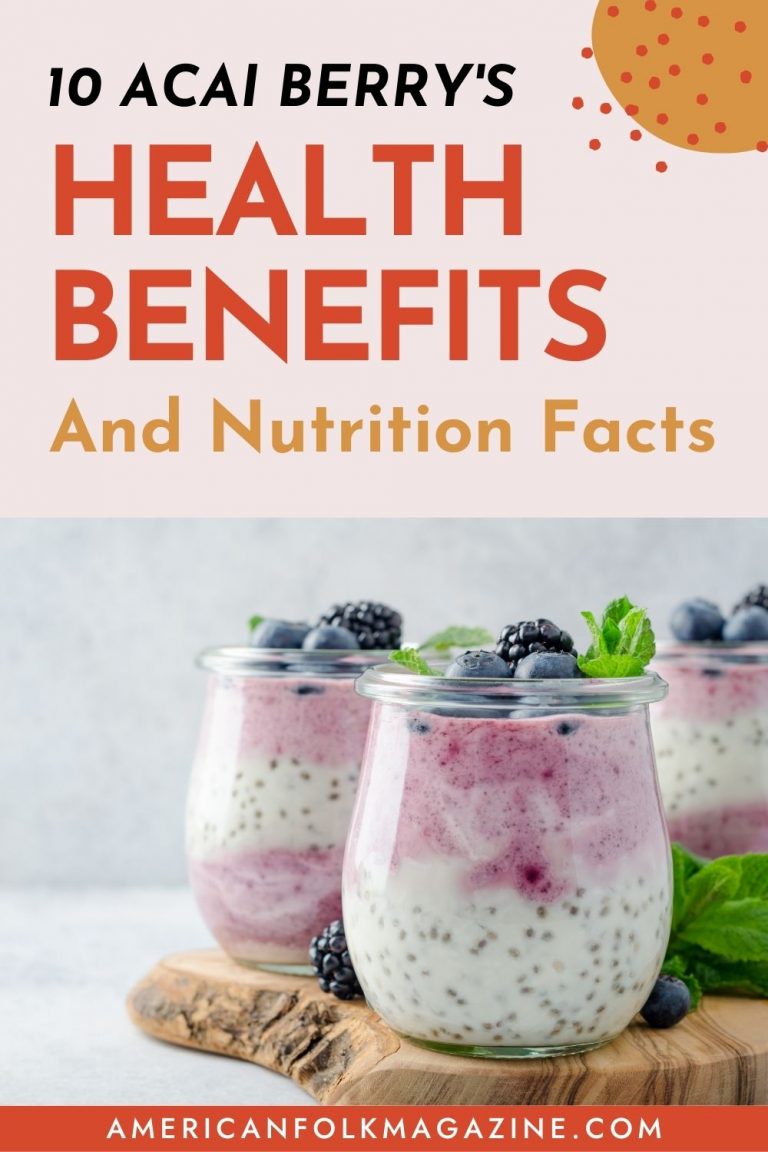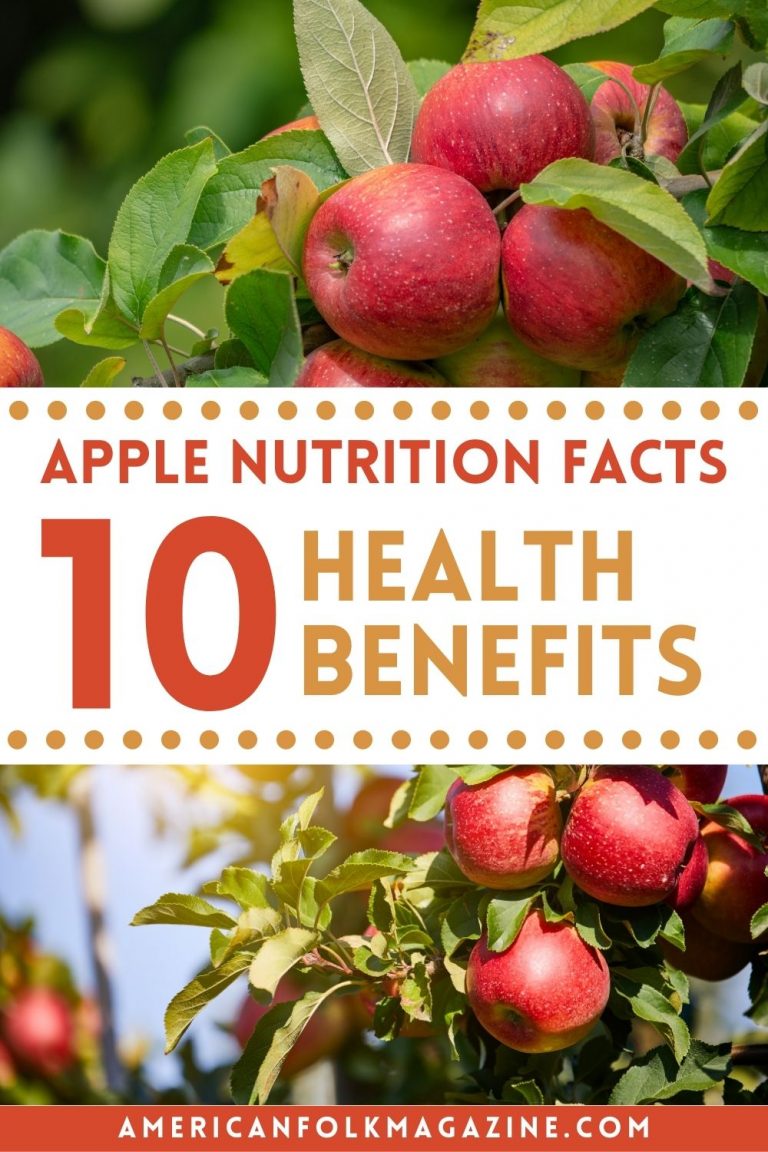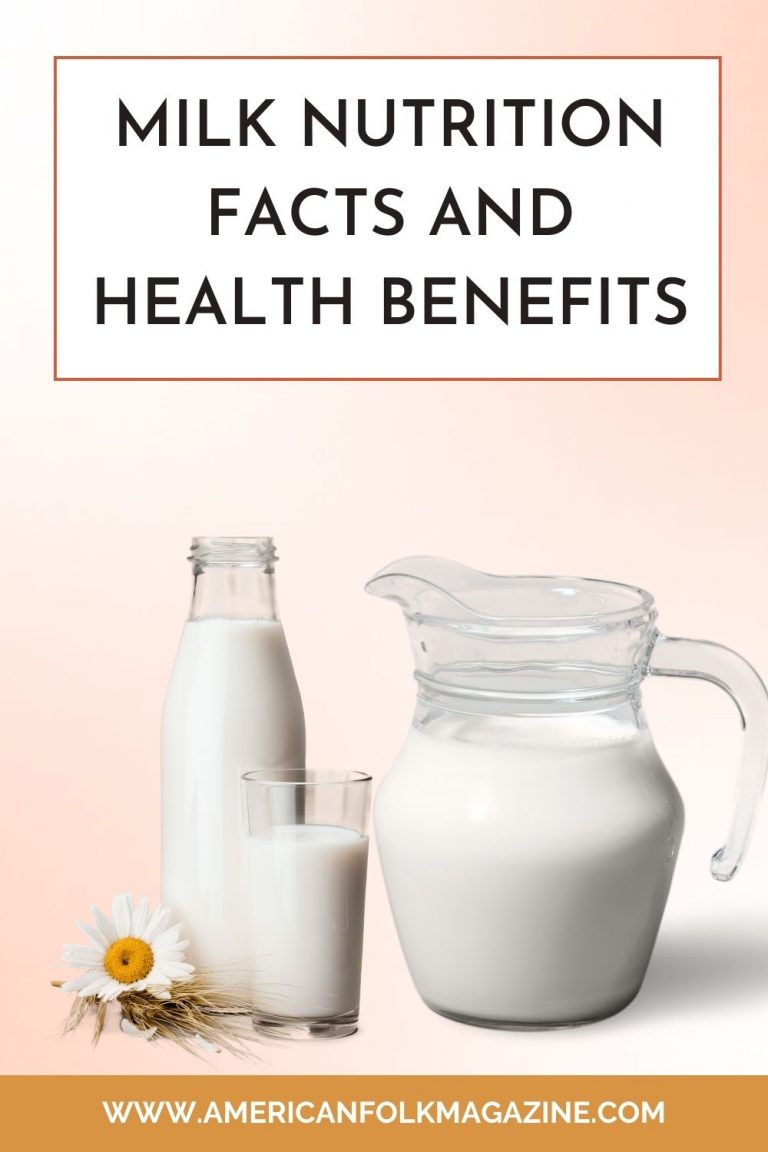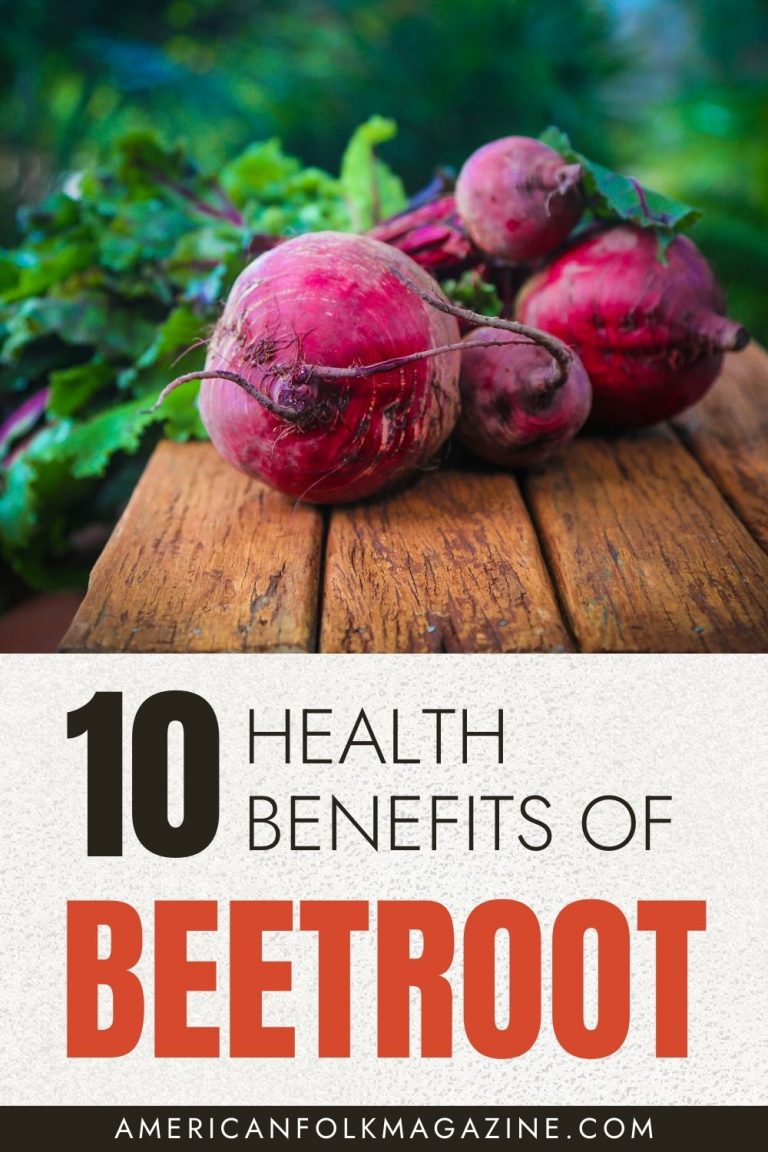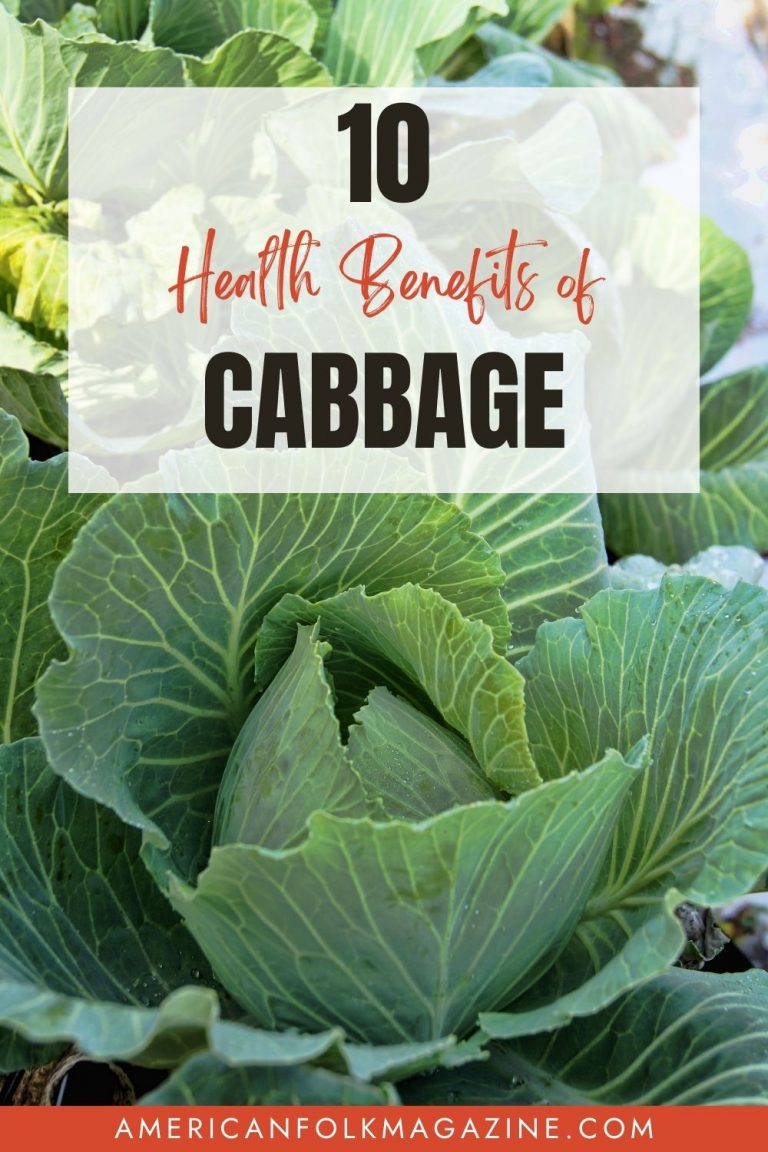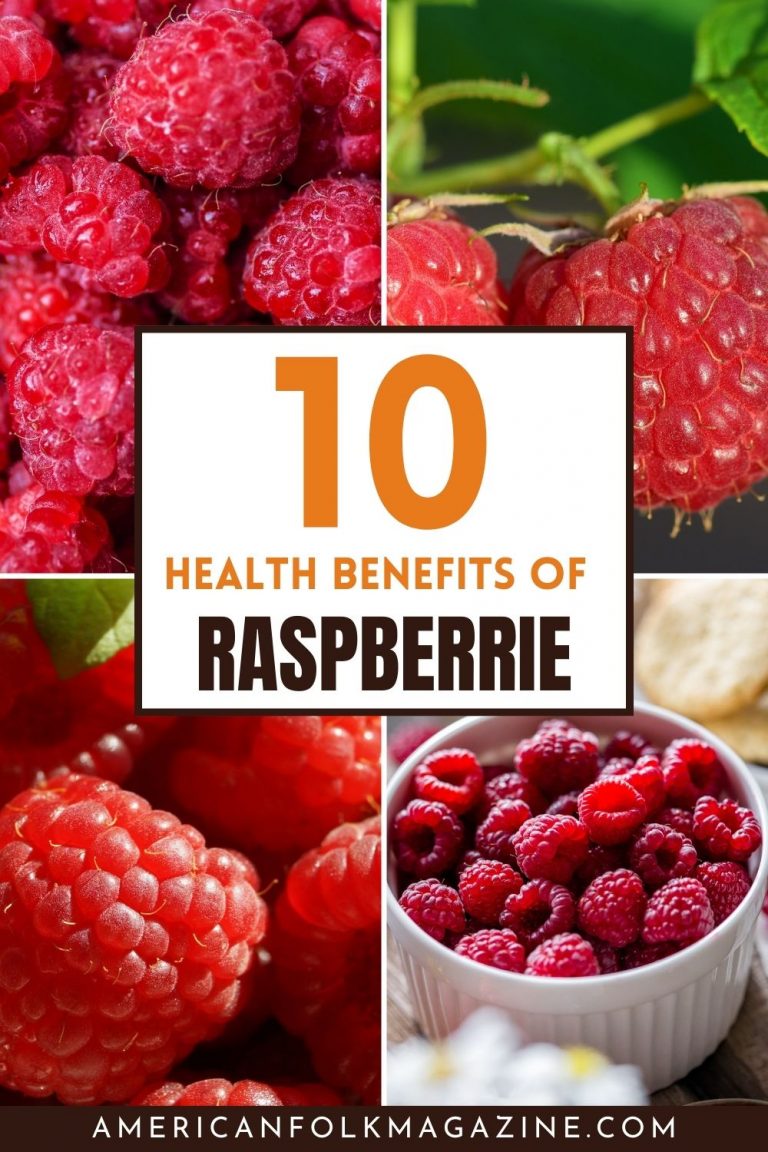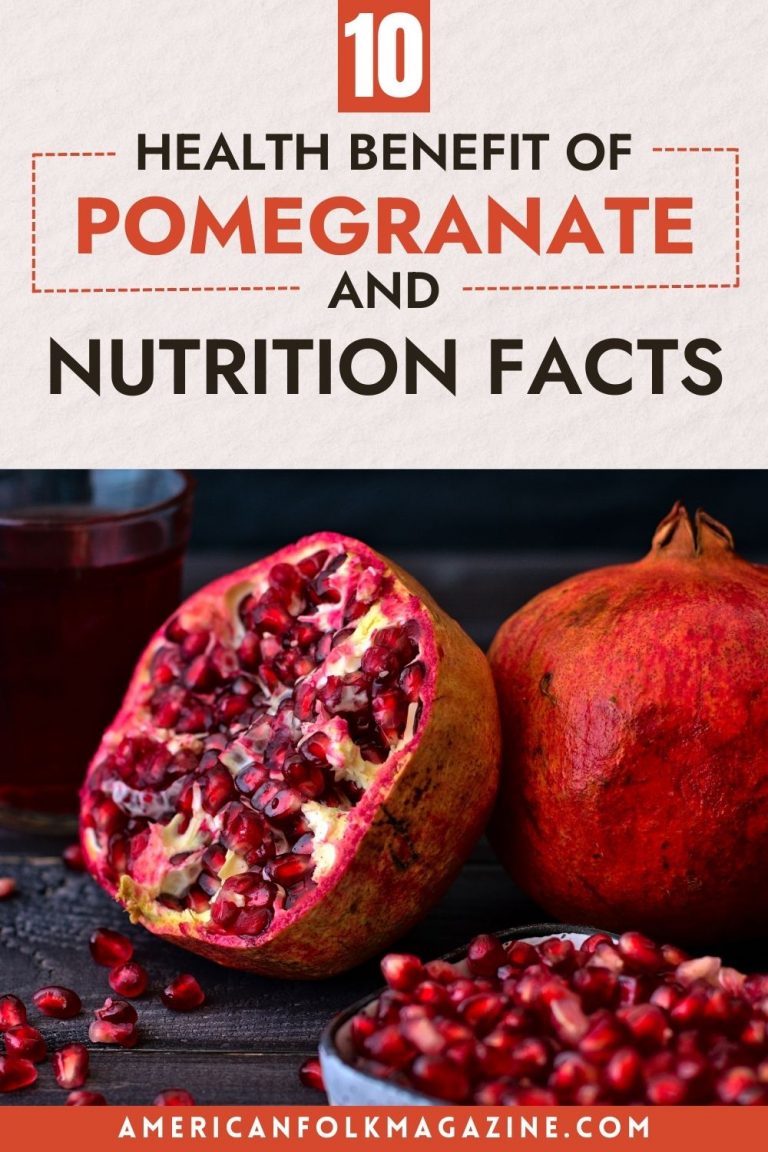Cauliflower, a cruciferous vegetable, is often overshadowed by its green cousin, broccoli. But it shouldn’t be. This remarkable vegetable is known for its versatility and rich nutritional profile.
From cauliflower rice to cauliflower pizza crust, this vegetable is making waves in the culinary world. But what makes it so special? Let’s dive into the nutritional facts and explore the 10 health benefits of cauliflower.
Nutritional Facts
Cauliflower is packed with vitamins, minerals, and antioxidants. Here’s a table that breaks down its nutritional content per 100g serving:
| Nutrient | Amount |
|---|---|
| Calories | 25 kcal |
| Carbohydrates | 5g |
| Protein | 1.9g |
| Fat | 0.3g |
| Fiber | 2g |
| Vitamin C | 48% of RDI |
| Vitamin K | 15.5% of RDI |
| Folate | 14% of RDI |
10 Health Benefits of Cauliflower
1. Rich in Antioxidants
Cauliflower is a treasure trove of antioxidants, including vitamin C, manganese, and beta-carotene. These compounds neutralize harmful free radicals, reducing oxidative stress. By doing so, they may lower the risk of heart disease, cancer, and other chronic conditions. For example, the sulforaphane in cauliflower has been shown to have potent anti-cancer properties.
2. Supports Digestive Health
The fiber content in cauliflower, around 2g per 100g serving, promotes healthy digestion. It adds bulk to the stool, preventing constipation and promoting regular bowel movements. Additionally, cauliflower contains glucosinolates that may help protect the stomach lining, reducing the risk of ulcers and other digestive issues.
3. Enhances Weight Loss
Cauliflower is a dieter’s dream, with only 25 calories per 100g serving. Its high fiber content keeps you feeling full longer, reducing unnecessary snacking. Replacing starchy foods with cauliflower can reduce overall calorie intake, aiding in weight loss.
4. Boosts Heart Health
Compounds in cauliflower, such as allicin, have been linked to reduced cholesterol levels and improved heart health. The anti-inflammatory properties of cauliflower may also reduce arterial plaque buildup, lowering the risk of heart disease.
5. Improves Brain Function
Cauliflower is a good source of choline, a nutrient vital for brain development and function. It may enhance cognitive function, memory, and learning. Some studies even suggest that cauliflower can help prevent neurodegenerative diseases like Alzheimer’s.
6. Strengthens Bones
Vitamin K in cauliflower is essential for bone health, aiding in calcium absorption. Regular consumption of cauliflower may reduce the risk of osteoporosis and other bone-related disorders.
7. Supports Eye Health
The antioxidants in cauliflower protect the eyes from oxidative damage. This may reduce the risk of age-related macular degeneration and cataracts, ensuring long-term eye health.
8. Helps Control Blood Sugar
Cauliflower’s low glycemic index and high fiber content help regulate blood sugar levels. This makes it an excellent choice for those with diabetes or insulin resistance.
9. Boosts Immune System
Rich in immune-boosting nutrients like vitamin C, cauliflower strengthens the body’s defense against infections and illnesses. It’s a natural way to keep your immune system in top shape.
10. Versatile in Cooking
Cauliflower’s mild flavor and unique texture make it a versatile ingredient in the kitchen. From cauliflower rice to creamy soups, it can be used in various culinary creations, adding nutritional value without compromising taste.
How to Incorporate Cauliflower into Your Diet: Five Tasty Ideas
- Cauliflower Rice: Swap out traditional rice for cauliflower rice. Simply grate or process cauliflower into small grains, then sauté with olive oil and your favorite herbs. It’s a low-carb, nutrient-dense alternative that pairs well with stir-fries and curries.
- Cauliflower Pizza Crust: Craving pizza but watching your carbs? Try a cauliflower pizza crust. Mix cauliflower rice with eggs, cheese, and seasonings, then bake until golden. Top with your favorite pizza toppings for a guilt-free indulgence.
- Cauliflower Mash: For a comforting side dish, steam and mash cauliflower with butter, garlic, and a splash of cream. It’s a lighter take on mashed potatoes that still delivers on creaminess and flavor.
- Cauliflower Soup: Create a velvety cauliflower soup by blending steamed cauliflower with broth, onions, and spices. Garnish with a drizzle of truffle oil or a sprinkle of chives for a gourmet touch.
- Cauliflower Salad: Add a crunch to your salads with raw or roasted cauliflower. Toss with mixed greens, nuts, and a tangy vinaigrette for a satisfying lunch or dinner.
Potential Side Effects and Precautions
While cauliflower is generally safe and healthy, there are some potential side effects and precautions to consider:
- Digestive Issues: While cauliflower’s fiber content is beneficial for digestion, excessive consumption, especially when raw, may lead to bloating, gas, or stomach discomfort in some individuals. Cooking cauliflower can reduce these effects.
- Thyroid Function: Cauliflower belongs to the cruciferous vegetable family, which contains compounds called goitrogens. In rare cases, excessive consumption may interfere with thyroid function, particularly in individuals with existing thyroid issues. Moderation is key.
- Allergic Reactions: Although rare, some individuals may have an allergy to cauliflower. Symptoms may include itching, swelling, or difficulty breathing.
- Nutrient Interaction: Cauliflower contains vitamin K, which plays a role in blood clotting. If you are on blood-thinning medications, be mindful of your cauliflower intake, as it may interact with these medications. Always consult with a healthcare provider if you have concerns.
- Cooking Considerations: The way you cook cauliflower can impact its nutritional value. Overcooking may lead to a loss of nutrients, while light steaming or roasting preserves its vitamins and minerals. Experiment with cooking methods to find what works best for you.
- Environmental Considerations: Opting for organically grown cauliflower may reduce exposure to pesticides and other chemicals. If organic options are unavailable, washing cauliflower thoroughly can help remove surface residues.
References
- FoodData Central (usda.gov)
- Cauliflower – Wikipedia
- The Top 8 Health Benefits of Cauliflower (healthline.com)
- Cauliflower Nutrition Facts and Health Benefits (verywellfit.com)
Pin It To Your Board!


